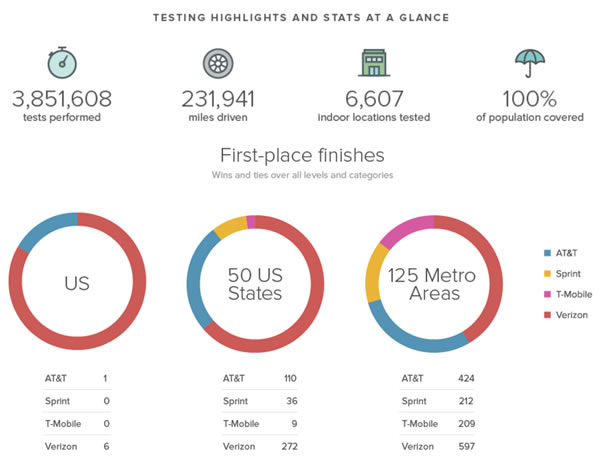Keeping an eye out for mobile device procurement fraud

In the CFO.com article, Cell Phone Fraud: Who’s Watching IT?, corporate forensics specialists Jesse Daves and Celyna Frost talk about the very profitable business of mobile device procurement fraud. With aftermarket prices for a new iPhone 6S ranging from $1,000 in the U.S. to as much as $3,000 in China, it’s often tempting for people in IT departments to use their authority and access to procure mobile devices on their company’s behalf using company funds, make them disappear from the books and resell them at a completely cost-free profit.
Without the internal controls and systems to provide visibility into its inventory and procurement process, it’s much simpler for internal fraud. The article lists a number of “red flags” that indicate the potential for procurement fraud, including:
- IT’s resistance to sharing access to the mobile provider’s billing web portal
- When accounts payable receives only a summary of the mobile bill
- Blanket charges that are simply summarized as “international data charges” or “roaming fees” without any substantiation
- An unusual number of suspended or frozen accounts
- Unusually large orders of devices
- Recurring shipments to unknown parties
Suggestions for reducing the likeliness of mobile procurement fraud include:
- Separating responsibilities so that employees with the authority to order equipment are not the same ones as those who receive them upon delivery
- Controlling the process for payment approval and cost allocations (one fraud trick is to allocate costs for improperly-purchased goods to another business unit)
- Maintaining comprehensive and complete records so that every item on every bill can be traced back to a device, circuit, or service in the company’s telecom inventory
- Performing regular audits to ensure that all telecom charges can be connected to valid employees.
In the end, clear visibility into your telecom environment is your best defense against internal fraud.
Mobile Ate the World: A presentation by Andreesen Horowitz
Benedict Evans of $4 billion venture capital firm Andreesen Horowitz gave a presentation at The Guardian’s Changing Media Summit titled Mobile Ate the World, a play on his firm’s motto, “Software is eating the world”.
In it, he talks about how mobile is now the universal technology, scaling up to everyone on earth…
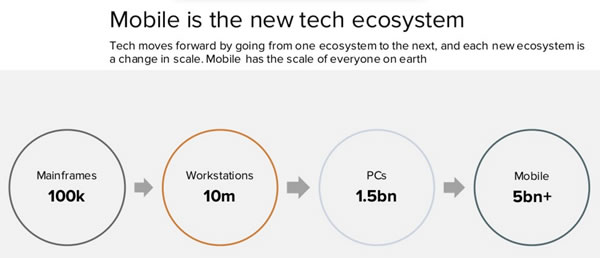
…how mobile isn’t just a screen size, but an ecosystem…
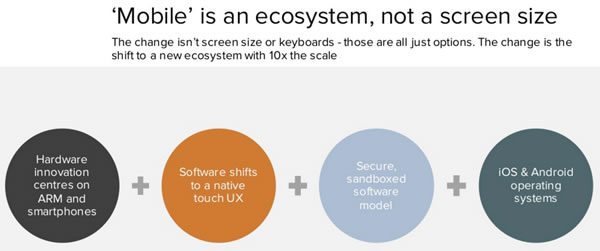
…and how mobile doesn’t just mean “mobile” — a lot of mobile use happens at home, and nearly 50% of smartphone traffic happens on wifi:
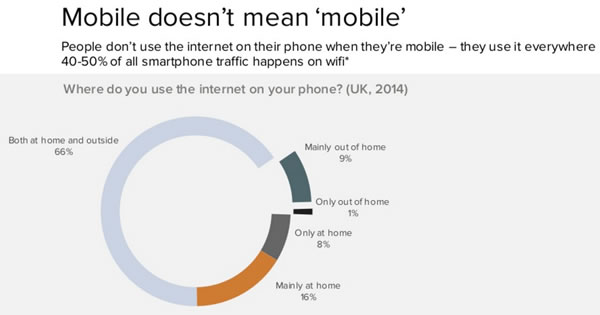
If you’re as interested in the future of mobile as we are, it’s worth reading Mobile Ate the World.
RootMetrics’ Mobile Network Performance in the US report
The cellular carriers are in hot competition and expanding the reach of their LTE networks and grow their network capacities — how are they doing, and who’s offering the fastest and most reliable mobile experiences? The cellular analytics firm RootMetrics published regular reports on this topic, and their latest one looks at the service offered by AT&T, Sprint, T-Mobile, and Verizon in the second half of 2015.
ExpressJet replaces 50-pound flight bags with Surface tablets running Windows 10
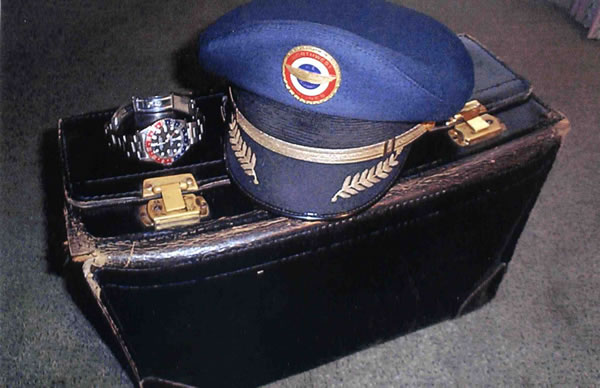
If you fly often, you’ve probably seen pilots walking to or from their flights lugging large bags like one pictured above (perhaps not as well-worn). These flight bags have traditionally carried a lot of paper documentation in binders: operating manuals, navigation charts, reference handbooks, flight checklists, logbooks and weather information, and together, they can weigh anywhere from 30 to 50 pounds. This documentation is updated regularly, so often before each flight, pilots have to collect updated documentation, remove the outdated material from their binders and insert the new pages. It’s a lot of paperwork to lug around and sort through; now imaging trying to find a key piece of information while you’re trying to fly a plane at the same time.

As far back as 2011 — a mere year after the introduction of the iPad — airlines have been replacing all this paper documentation with “EFBs” (Electronic Flight Bags), which are tablets running apps specifically designed for pilots. United Airlines committed to deploying 11,000 iPads running Jeppesen’s FliteDeck app to pilots as their EFBs in the late summer of 2011, and more recently, ExpressJet got FAA approval to hand out Surface 3s running Windows 10 to their pilots to replace all that paper that went into their flight bags.
Here’s a video by Microsoft with ExpressJet pilot Renee Devereux talking about her new Surface 3 EFB:
The electronic flight bag is a good example of mobile devices playing to their strengths in the workplace:
- As electronic replacements for large volumes of often-updated paper documents
- Providing quick access to crucial data in routine and (literally!) mission-critical scenarios
- Portable computing devices with significantly greater battery life than traditional laptops
- An employee perk (as shown in the video, ExpressJet pilots are allowed to use their tablets to stay in touch with their families while on the “road”)
